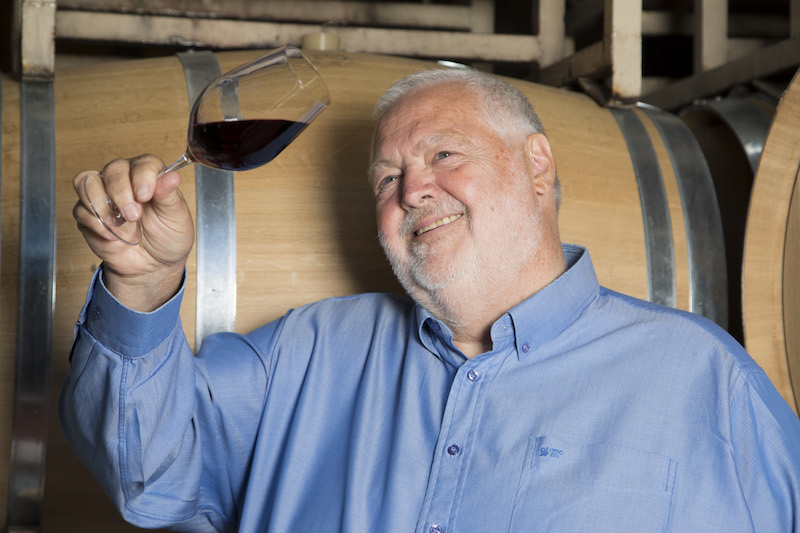
By Rick VanSickle
What an amazing ride it has been for Canadian wine pioneer, visionary and leader of the B.C. wine industry Harry McWatters.
As he embarks on an incredible 50th vintage of making wine in the Okanagan Valley, we caught up with McWatters to ask him 10 burning questions for our #CanadaWINE150 continuing series. (Note: you can read all previous posts on the series here)
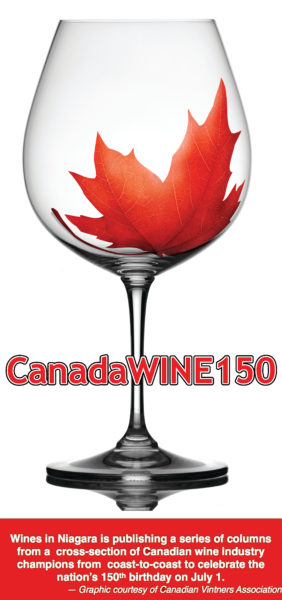 Wines In Niagara: You’ve achieved so many accomplishments in 50 years, Harry, as you embark on 50 years of harvests in B.C. You founded Sumac Ridge Estate Winery and See Ya Later Ranch, you are the founding chair of several landmark organizations including the B.C. Wine Institute, VQA Canada, the B.C. Wine Information Society, Okanagan Wine Festivals Society, and the B.C. Hospitality Foundation. Along with all that, you are currently the CEO and President of ENCORE Vineyards Ltd. (TIME Winery, Evolve Cellars, McWatters Collection) and will soon open the new TIME Winery facility, the Okanagan’s first downtown urban winery. That’s an incredible body of work and it’s not over yet. My first question is this: Among all your accomplishments, which is your proudest, the one that you can look back on and feel you really left a mark on the Canadian wine industry?
Wines In Niagara: You’ve achieved so many accomplishments in 50 years, Harry, as you embark on 50 years of harvests in B.C. You founded Sumac Ridge Estate Winery and See Ya Later Ranch, you are the founding chair of several landmark organizations including the B.C. Wine Institute, VQA Canada, the B.C. Wine Information Society, Okanagan Wine Festivals Society, and the B.C. Hospitality Foundation. Along with all that, you are currently the CEO and President of ENCORE Vineyards Ltd. (TIME Winery, Evolve Cellars, McWatters Collection) and will soon open the new TIME Winery facility, the Okanagan’s first downtown urban winery. That’s an incredible body of work and it’s not over yet. My first question is this: Among all your accomplishments, which is your proudest, the one that you can look back on and feel you really left a mark on the Canadian wine industry?
Harry McWatters: I think the founding of the British Columbia Wine Institute and ultimately Vintners Quality Alliance (VQA) for British Columbia was the most pivotal change in our industry, and laid a new foundation for our industry to evolve, giving confidence to consumers and producers alike and resulting in British Columbia having over 300 wineries today.
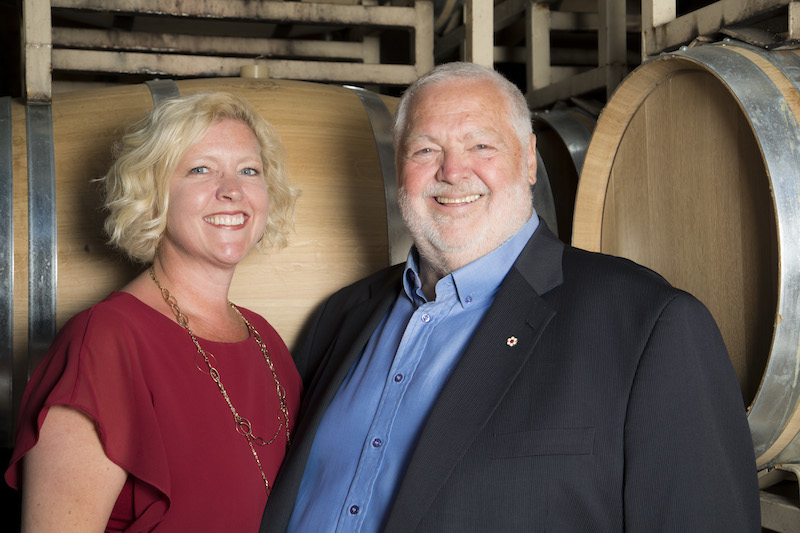
Wines In Niagara: Do you remember your first harvest 50 years ago? Where was it, what do you remember about it and, of course, how did the wines turn out?
Harry McWatters: My first harvest was in 1968 with Casabello Wines in Penticton, and I was the sales manager at that time, I had the responsibility of selling the wines. Most of what was produced was blended wines using 80% British Columbia grown grapes and up to 20% American grown grapes (not wine). What I remember most is the winter of 1968/69 was one of the most extremely cold winters, but would rival the coldest winter of any of my 50 years in the business. With very high levels of damage in the vineyard, including vine kill, noting that this was at a time when most of the grapes were hybrids. My recollection is the wines were pretty good, given the style and consumer demand at that time.
Wines In Niagara: When you look back over 50 vintages does any one of them stand out as the a-ha moment when you knew wines in B.C. could be world beaters?
Harry McWatters: I would have to say that the 1995 vintage from the first fruit off our Black Sage Vineyard really stands out for me. We went to Vin Expo in 1997; the Director of the Institute of Bordeaux insisted that it was impossible for us to produce our 1995 vintage wines that we had from 3rd leaf vines. The only way for me to exit the conversation gracefully was to admit that I must have been mistaken about the year I planted the vines (but of course, I was correct and he was not.)
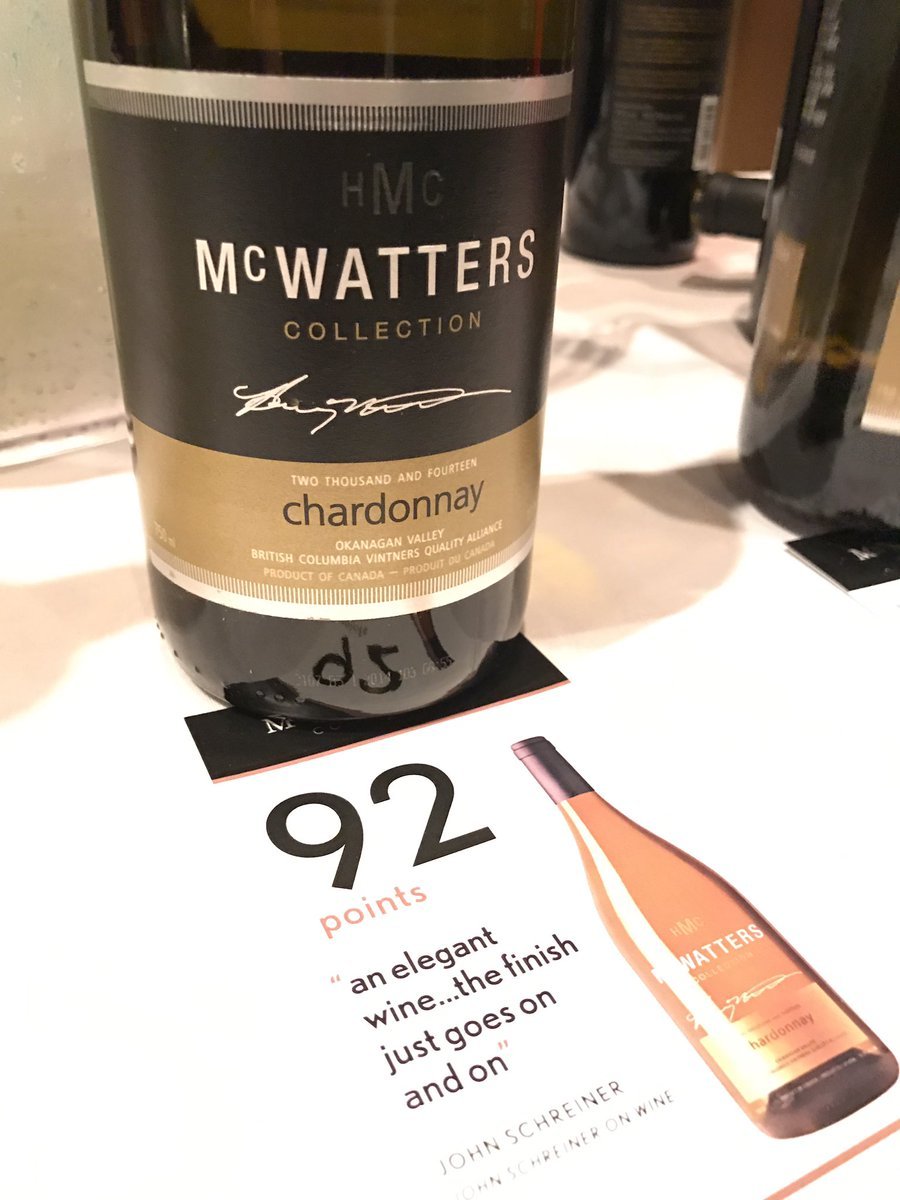
Wines In Niagara: We all know that not all vintages and harvests are created the same; it’s what makes wine such an interesting product to make. Does one vintage stand out as being a real struggle to produce? How did you get through it, what did you do to get the wines to market and what did you learn to make other similar vintages better?
Harry McWatters: The one that stands out most for me is 1999. By the time we got to veraison we knew we were dramatically behind where we should have been as far as the degree of ripeness for that time of year. As a result, we dropped 50% of the fruit on the ground in order to mature the rest of the crop. We ended up with very good wines in a very challenging vintage, that were balanced and elegant, but not monsters. Unfortunately, not all growers did the same and consequently the 1999 vintage did not have a great reputation, so we found ourselves with very good wines in an undesirable vintage. This just shows that consumers will never remember when you do the right thing and never let you forget when you do the wrong thing.
Wines In Niagara: When you put your first vintage into bottle did you envision an industry as thriving as it is today 50 years later? Has it exceeded, met or lagged behind your expectations?
Harry McWatters: The industry today has far exceeded anything I could have imagined in the early days of my career. I am so proud of how much the entire Canadian wine industry has grown, particularly over the past 20 years, and the talent that the industry has attracted.
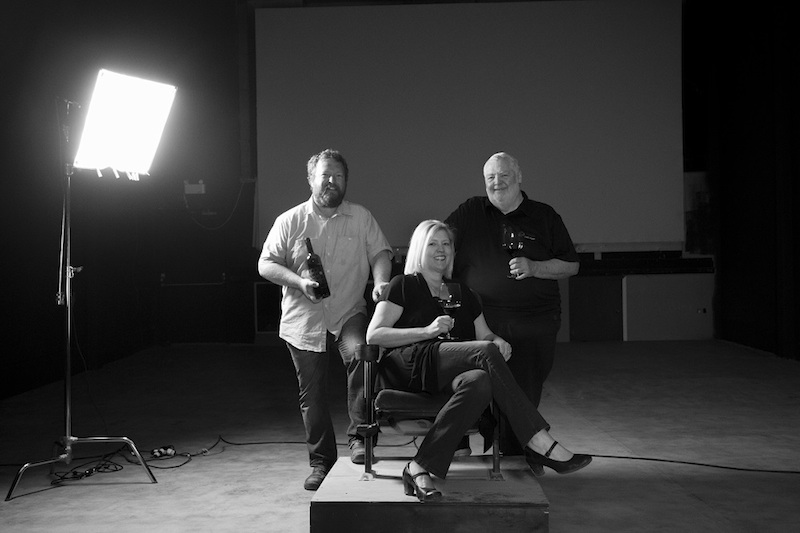
Wines In Niagara: If you had to pinpoint one major change in the 50 years you have spent making wine, either in regulations, winemaking techniques, or climate, that changed forever the quality of wine in B.C., what would it be?
Harry McWatters: Without a doubt, the advent of VQA wines on December 4, 1990. Without VQA, I firmly believe there would be little or no wine industry in our region today. This was clearly the most significant change in the history of our industry because it gave consumers confidence in what was truly British Columbia-grown wine, and therefore created the opportunity for greater expansion of our industry.
Wines In Niagara: In your opinion, what would be the single most important thing that needs to change to move the wine industry in Canada forward in the next 50 years?
Harry McWatters: Continued raising of the bar in quality and striving for greater efficiencies in both vineyards and cellars to allow us to remain competitively priced.
Wines In Niagara: You have made thousands upon thousands of wines in 50 years. Can you pick one that gave you the most satisfaction, that one wine that you wish you still had 50 cases of to drink all for yourself? The one you dream of, the one you are always trying to replicate?
Harry McWatters: First of all, this is a very difficult question to answer, because I have been very pleased with and proud of almost everything we put into bottles. We continually strive to move the bar higher. I have to say that I am extremely pleased with the two that have my name on them today, and both are currently on shelves: the 2014 McWatters Collection Chardonnay is being very rapidly depleted and I will be holding on to a few cases of that one! It won a gold medal this year at the Chardonnay du Monde in France. The other is the 2013 McWatters Collection Meritage. There’s a reason these two wines have my name on them — they are my preferred style.
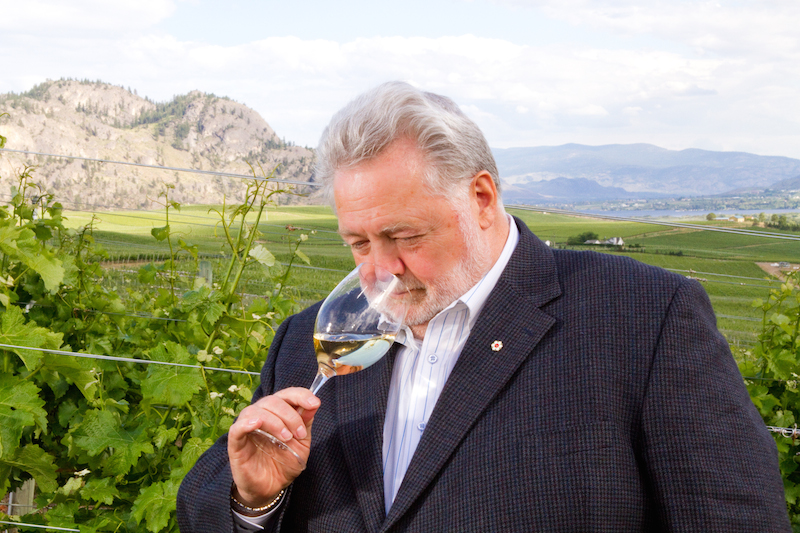
Wines In Niagara: What needs to change immediately in the B.C. wine industry if it is to move forward? The single largest impediment to future growth?
Harry McWatters: The British Columbia Liquor Distribution Branch should be giving greater access into even a limited number of stores for small and medium wineries so they can get the distribution that will justify the growth they need to be efficient.
Wines In Niagara: And, finally, it’s been a good ride for 50 years, but somehow I feel you have another 50 years to think about, as you don’t look like you’re slowing down one bit. What does the future hold for Harry McWatters?
Harry McWatters: I’m pretty confident there won’t be another 50 years, however, I have no desire or plans for retirement. I am more excited about what this year and the future holds than I have ever been before. I’m very pleased that both my children, Christa-Lee and Darren, are working with me at the winery, and I am confident they have inherited my passion for the wine industry and will carry the torch long after I’m gone.
About Harry McWatters
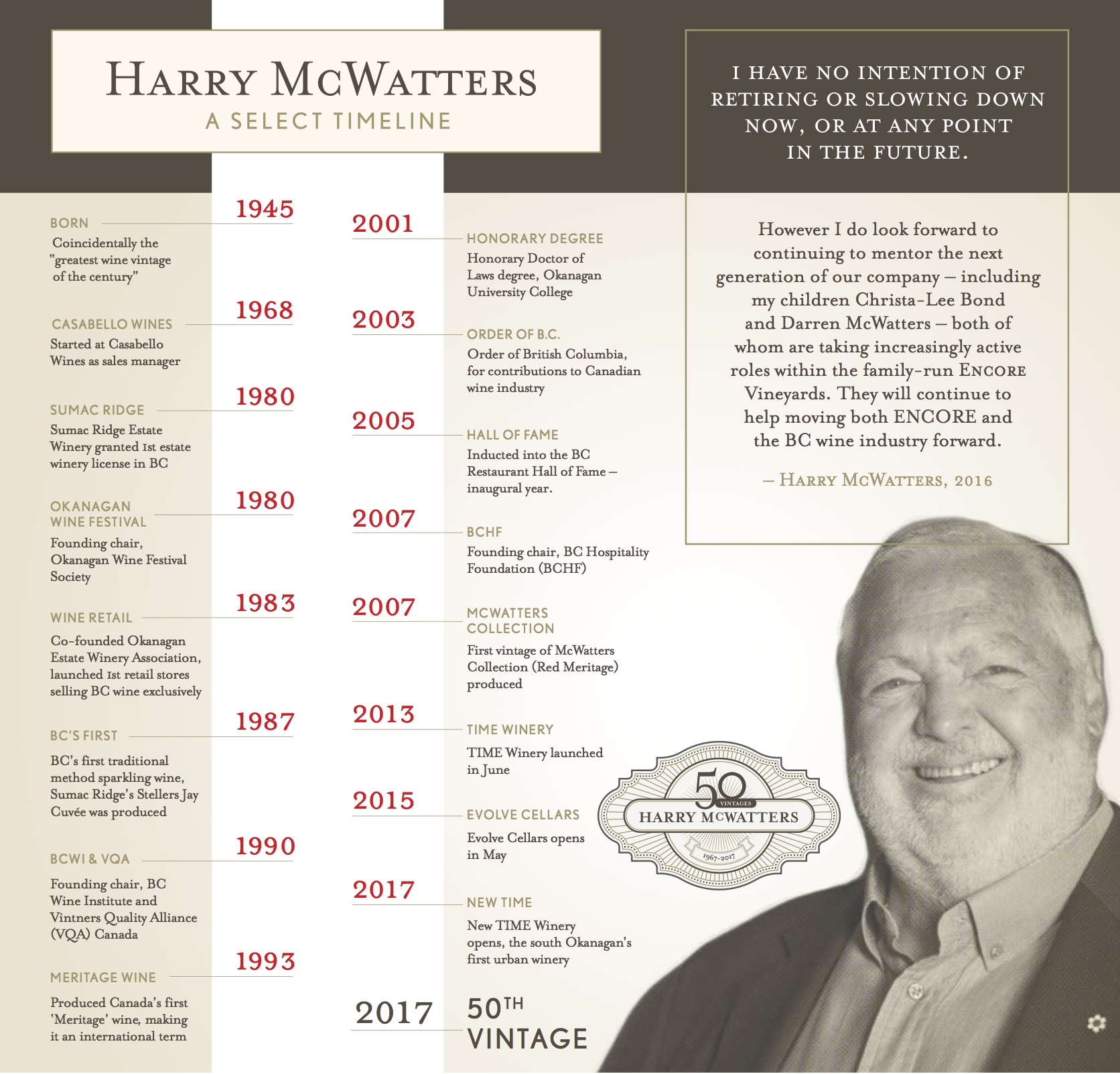
For over 47 years, Harry McWatters has been a driving force and a leader in the thriving British Columbia wine industry. He was founder of British Columbia’s first estate winery, Sumac Ridge Estate Winery, and See Ya Later Ranch Estate Winery. In 2000, Sumac Ridge Estate Wine Group was sold to Vincor Canada and Harry continued as president of both wineries, held the position of Vice-President of Vincor Canada. Harry “retired” as President of Sumac Ridge Estate Winery in 2008. The next day, he established Vintage Consulting Group Inc. to provide consulting services on all aspects of the wine business, from site selection of vineyards to marketing of the end product.
In 1980, he led a group of wineries and local businesses to establish the Okanagan Wine Festival Society and acted as founding president. In 1990, he was appointed by the province of British Columbia to chair the then newly formed British Columbia Wine Institute, a position which he held for five years, then served as a Director for 17 years.
In 2003, Harry was presented with the prestigious Order of British Columbia, for services to the British Columbia wine industry. Harry has an Honorary Doctor of Laws Degree from Okanagan University College in recognition of the pivotal role he played in the development of both British Columbia’s and Canada’s wine industry. He is the founding chair of the British Columbia Wine Information Society and of the British Columbia Hospitality Foundation, and was instrumental in founding VQA Canada.


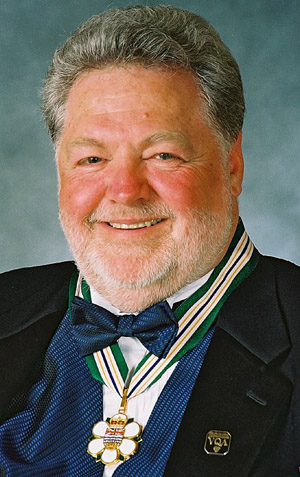




Comment here